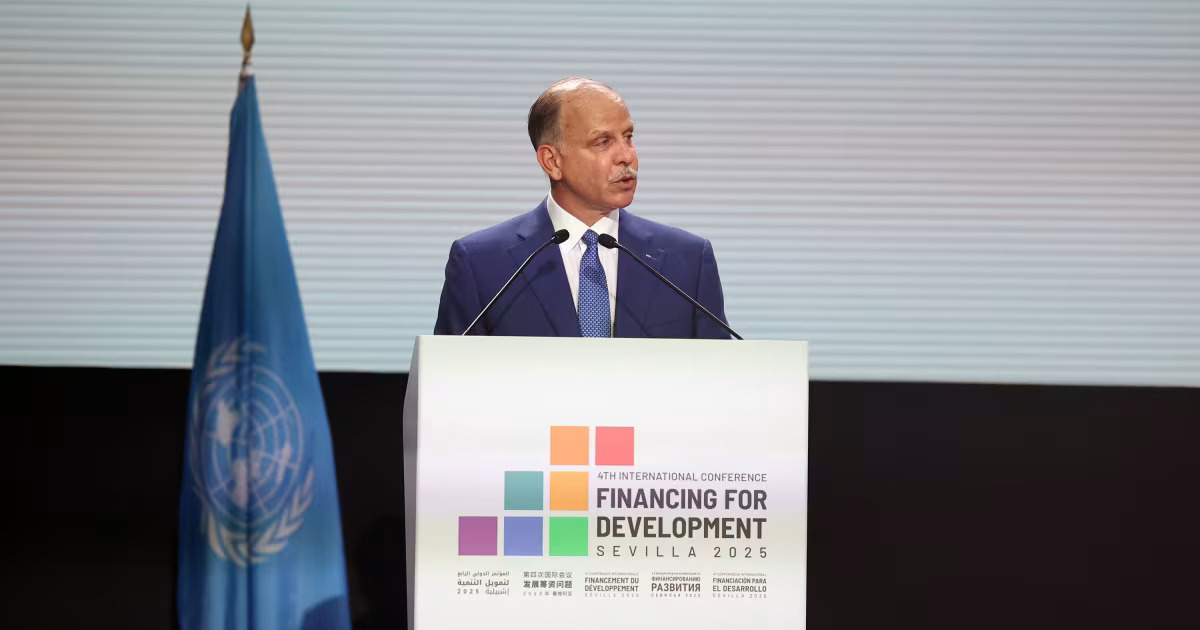[mkdf_dropcaps type=”normal” color=”#f55549″ background_color=””]W[/mkdf_dropcaps]
orld Rugby has approved new guidelines for transgender athletes, deciding fairness cannot be guaranteed for women competing against trans women in rugby.
World Rugby said this decision was made due to research suggesting that testosterone reduction does not impact muscle mass.
The guidelines recommend that transgender women do not play women’s contact rugby on safety grounds.
Transgender men however are permitted to participate in men’s rugby.
The guidelines are part of a process chaired by Dr. Araba Chintoh to explore whether it is possible to balance inclusivity with safety.
Throughout this process, World Rugby underwent three phases of review; including a workshop with a panel of experts, a review of the workshop, and consultation with player representatives and unions, and advocacy groups.
Dr. Chintoh said: “this has been a complex and emotive process, but a necessary one.”
“We set out to determine whether it would be possible to maintain inclusion in contact rugby based on the available research and evidence and rugby’s unique context of combining strength, power, speed, and endurance in a physical, collision environment.
“As we progressed through a comprehensive and inclusive review, it became clear that there are compelling evidenced safety considerations which we simply cannot ignore.
“Unions will be able to exercise flexibility on a case-by-case basis at the community level of the game, for which the unions are responsible, while World Rugby will continue to prioritise inclusion strategies to ensure that the trans community remains an active, welcome and important member of the rugby family,” Dr. Chintoh said.
World Rugby chairman, Sir Bill Beaumont, said: “rugby is a welcoming and inclusive sport and, while this has been a difficult decision to make, it has been taken following comprehensive consultation and engagement and for the right reasons, given the risk of injury.”
“That said, we recognise that the science continues to evolve, and we are committed to regularly reviewing these guidelines, always seeking to be inclusive,” Beaumont said.
The approval of the guidelines has arrived shortly following an announcement by eight National Sporting Organisations in Australia to facilitate a greater level of inclusion for trans and gender diverse people in their sports.
To find out more, check out: World-First Commitment For Trans And Gender Diverse Inclusion In Sport.







